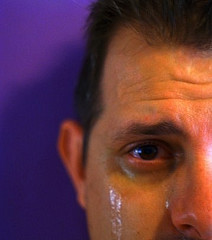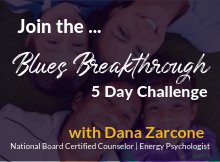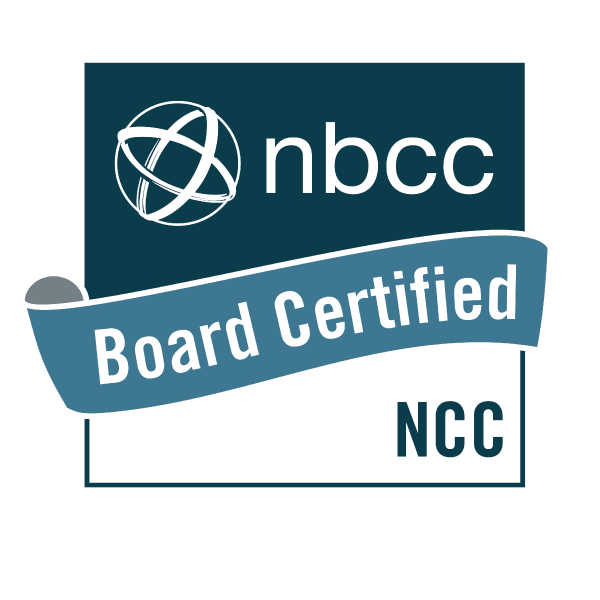An Overview of Reactive Depression

|
Reactive depression is just like it sounds. It is a depression also known as situational depression that is brought on by reacting to a traumatic life event such as the death of a loved one, loss of a job, divorce, foreclosure, and financial difficulties.
Chronic conditions can also trigger this type of depression such as on-going difficulties with a co-worker, an abusive relationship, marital issues or another difficult stressor that is repetitive and on-going. Going through a traumatic event or being burdened with a chronic stressor can significantly affect a person’s sense of well being, causing them to feel deeply depressed and hopeless.
This form of depression, like many other types of depression, can range from a mild form to a more serious form – largely depending on the individual, the presence of a support system, their ability to handle stress and their specific coping skills. In severe cases there is a possibility of the person harming themselves or other people and, of course suicide risk can be present as well.
Symptoms of Reactive Depression
The symptoms that present themselves are not unlike that of other types of depression. They include all or some of the following:
In most cases, these symptoms will subside within 6 months of the triggered event. During this time it is encouraged to seek professional support so that a proper diagnosis can be made and, subsequently, a proper effective treatment plan.
Treatment Options
This type of depression can be treated once properly diagnosed. There is no need to suffer through it when treatment options are available that can speed up the recovery process. Treatment options include traditional psychotherapy, Cognitive Behavioral Therapy, antidepressants, and relaxation methodologies such as meditation.
Since this type of depression is the result of a life event that triggered it, the therapy will focus on working through the feelings of the event. Also, in chronic situations, for example an abusive relationship, the focus may be to help the client make the life changes necessary to remove the psychosocial stressor. In this example, the change would be to leave the abusive relationship. The therapist will use a controlled process that will help the client face the issues at hand, work through the feelings the result and identify the appropriate course of action to ensure successful treatment.
Reactive depression differs from Endogenous Depression in that Reactive actually has a trigger that brought it on. Conversely, Endogenous Depression is thought to be more biological in nature. This means that it was not triggered by any particular event or life experience. Rather, it exists as the result of a chemical imbalance in the brain or genetic disposition and can be present from birth onwards. Thus there is no specific event that brought the depression to the forefront.
Reactive Depression to Home Page










